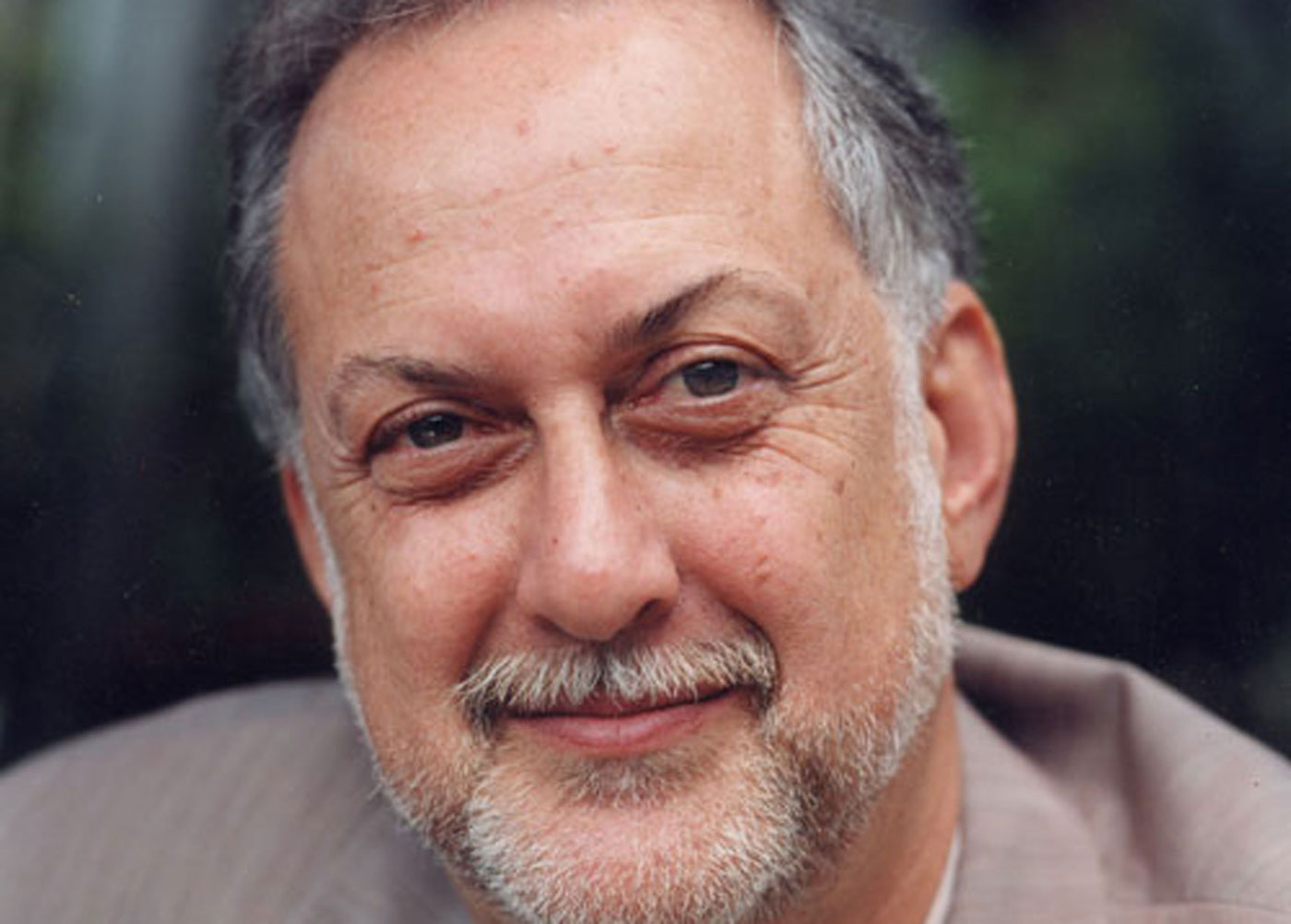Influential architect, urbanist, and author Michael Sorkin has died at the age of 71 due to complications from contracting COVID-19. Alongside his work with Michael Sorkin Studio and as a founder of the nonprofit advocacy group Terreform, he was a renowned educator at universities around the world, including most recently as the Director Emeritus of the Graduate Urban Design Program of the City College of New York (CCNY). He was a Visiting Professor at Pratt Institute in 1999.
Harriet Harriss, Dean of Pratt’s School of Architecture, said that the “architecture world has lost a brilliant mind” and remembered Sorkin as an “acerbic and effervescent architect, urbanist, and writer.” President Frances Bronet, who 30 years ago met Sorkin on an architecture review in Los Angeles, said that even then “his powerful design and political voice were already a force—one that kept assertively teaching all of us, indeed, keeping us alert, for decades.”
In his practice, Sorkin was a tireless advocate for green space in urban planning and architecture that promoted community in cities. He was also a prolific writer and theorist on urban life, authoring numerous articles and books from an on-the-ground perspective of cities, including All Over the Map: Writing on Buildings and Cities (2011) on post-9/11 architecture and Twenty Minutes in Manhattan (2009) that viewed New York from his 20-minute daily walk from his home to his studio. He served as the Village Voice architecture critic in the 1980s and throughout his career argued for architecture and urban design as platforms of social justice. As he said in a 2014 interview in Space and Culture journal, “if cities are going to be responsible and empowered, then it’s crucial that one thinks deeply about their processes of respiration—the way in which they consume and produce.”
Sorkin’s critical presence and advocacy for sustainable, equitable, and socially conscious urban design will be missed. As Lesley Lokko, Dean of the Bernard and Anne Spitzer School of Architecture at CCNY, told Archinect, “The entire faculty, staff, and students are united in paying tribute to one of the school’s best-known and celebrated figures, whose contributions to teaching, scholarship, and public thought are irreplaceable.”
